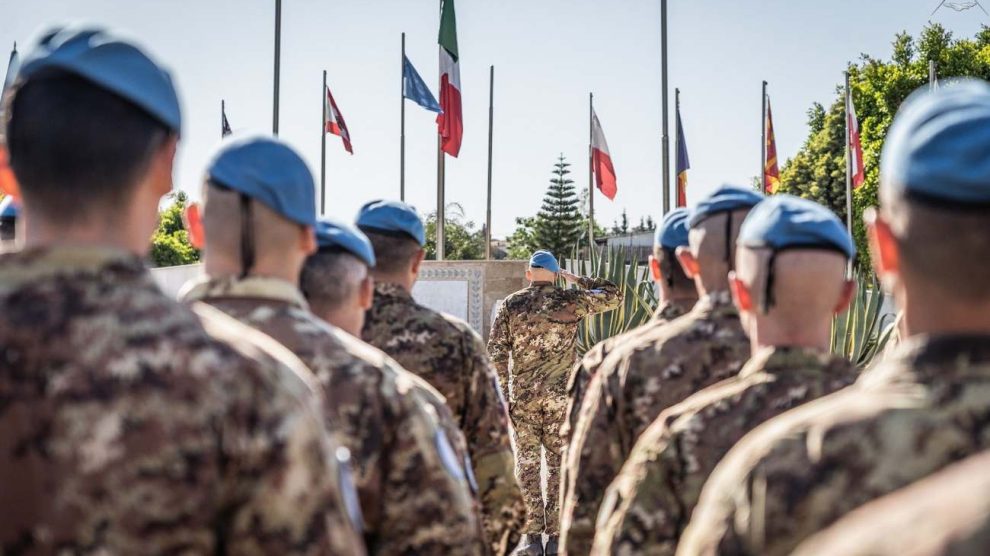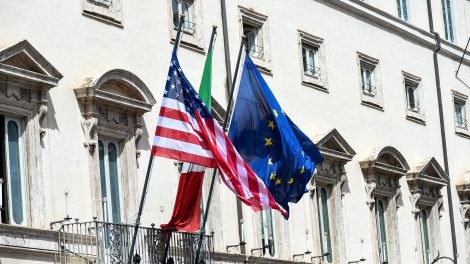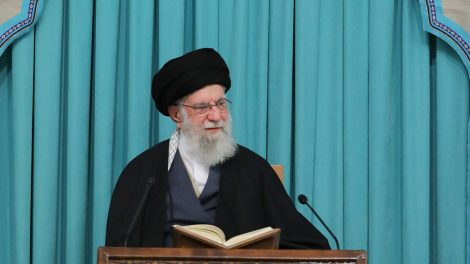Decoding the news. Italy is not a neutral observer. The decision will have direct consequences for Lebanon’s stability and Italy’s role in the Enlarged Mediterranean.
- Italy commands the mission under General Diodato Abagnara and deploys around 1,000 soldiers — the second-largest contingent after Indonesia.
- UNIFIL is one of Italy’s most visible international commitments, a pillar of its credibility in peacekeeping and Mediterranean strategy.
- A downsizing risks undermining efforts to stabilise Lebanon, a country central to the Levant and thus to the broader Middle East.
State of play. In a meeting last week, Lebanese President Joseph Aoun and General Abagnara stressed that UNIFIL’s presence remains essential for implementing Resolution 1701 and preventing a security vacuum.
- The Security Council is working on a French draft resolution that proposes a one-year extension, after which the Lebanese Armed Forces would assume full security responsibilities.
- Washington remains sceptical and is pushing for stricter conditions.
- The Lebanese Armed Forces may need that year — or longer — to build the capacity required.
- They are already working on a delicate program to disarm militias, beginning with Hezbollah and later the Palestinian refugee camps.
- Israel links its stance on security guarantees, cross-border tensions, and Hezbollah’s military presence to these steps from Beirut.
Behind the scenes. According to Jerusalem Post and Israel Hayom, Washington and Tel Aviv may have agreed on a gradual phase-out of the mission.
- Foreign Minister Gideon Sa’ar submits official request to US, citing UNIFIL’s failure to prevent Hezbollah’s entrenchment south of Litani River.
Rome is active on the diplomatic front:
In June, Prime Minister Giorgia Meloni discussed UNIFIL with UN Secretary-General António Guterres on the sidelines of the G7 in Kananaskis.
In July, Foreign Minister Antonio Tajani raised the issue in Washington with U.S. Secretary of State Marco Rubio, stressing the need to support and strengthen the UN presence in southern Lebanon.
Zoom out. Established in 1978 and expanded in 2006, UNIFIL has long served as a buffer in one of the Middle East’s most sensitive border zones.
- Its future now depends on the Security Council’s five veto powers.
- Italy can influence only indirectly — but given its experience and investment, “its voice carries weight,” a European diplomat confidentially noted.
- On August 2, the Alpine Brigade “Taurinense” took over from the “Pozzuoli del Friuli” Brigade, assuming command of UNIFIL’s Joint Task Force – Lebanon Sector West, together with the Bilateral Military Mission in Lebanon (MIBIL) and the Military Technical Committee for Lebanon (MTC4L).
What we’re watching. For Italy, renewing UNIFIL is not a technical matter. It is about international standing, regional stability, and political influence.
- The Holy See has indicated that Pope Leo XIV may visit Lebanon “by December”, potentially boosting support for Beirut’s institutions.





